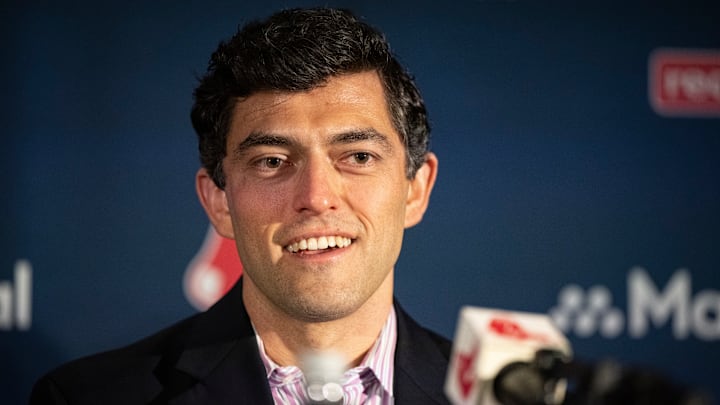John Mozeliak is reaching his denouement as the president of baseball operations for the St. Louis Cardinals. The head of the organization will step aside from his duties when his contract expires after 2025, but he has yet to name a successor. However, with Chaim Bloom entering the folds as an adviser to Mozeliak, there is speculation that the former head of the Boston Red Sox will move into Mozeliak's current role.
Bloom entered the major leagues in 2005 as an intern with the Tampa Bay Rays and rose through the ranks to reach the position of senior vice president of baseball operations and saw the Rays become one of the most innovative teams in the sport and succeed despite a tight budget. After the 2019 season, he joined the Red Sox as their chief baseball officer and saw the Red Sox go 267-262 during his four-year tenure with the organization before his firing in September 2023.
Bloom had a reputation with the Red Sox as a fairly risk-averse chairman who didn't make big moves at the trade deadline, which is likely to elicit groans from Cardinals fans, who have witnessed their team's front office play it safe for years regarding trades and signings.
There are a few options within the organization for Mozeliak to mull over when deciding his successor. Bloom is one popular option, but current general manager Michael Girsch and director of scouting Randy Flores are two other possibilities to fill the position. But with Bloom being the only leading candidate who has experience running other teams, it's worth diving into his tendencies in his trades, signings and drafts while he was at the helm of the Red Sox.
